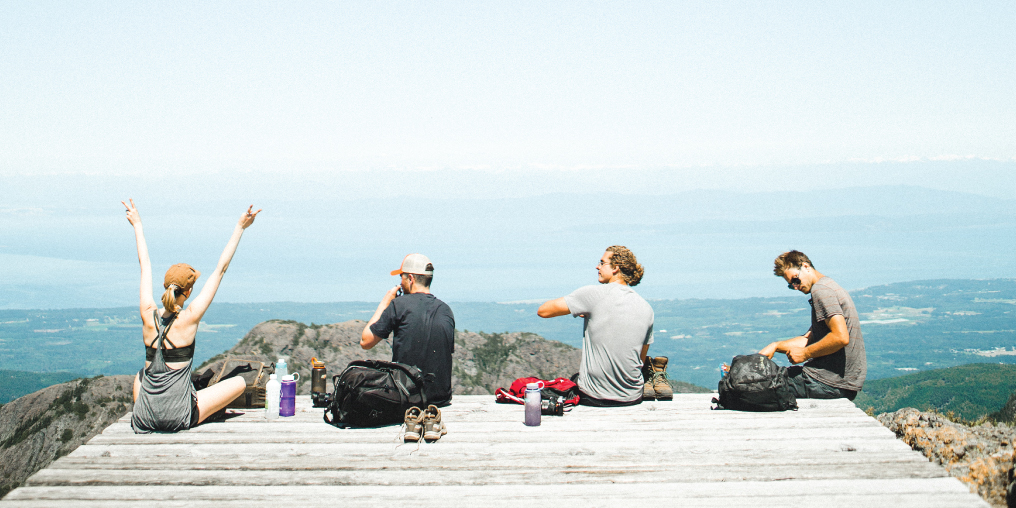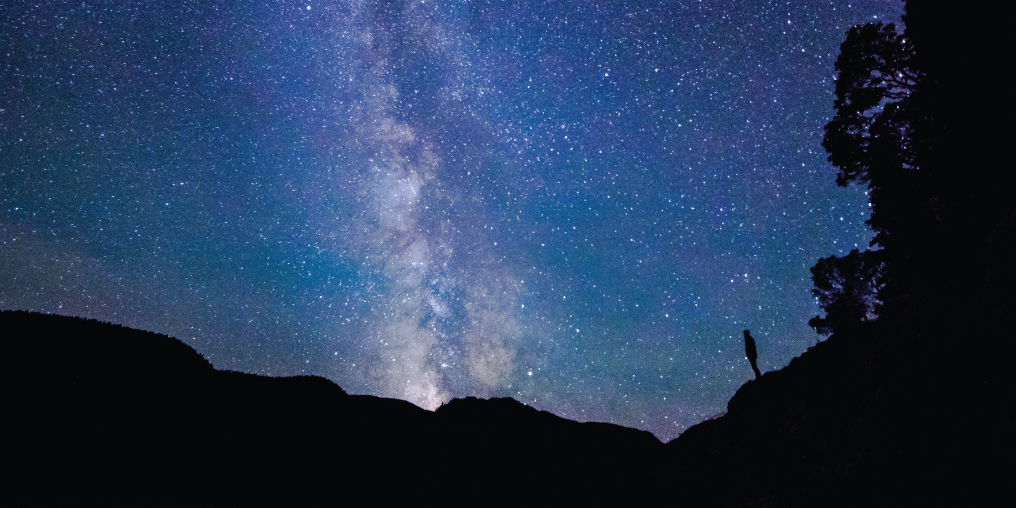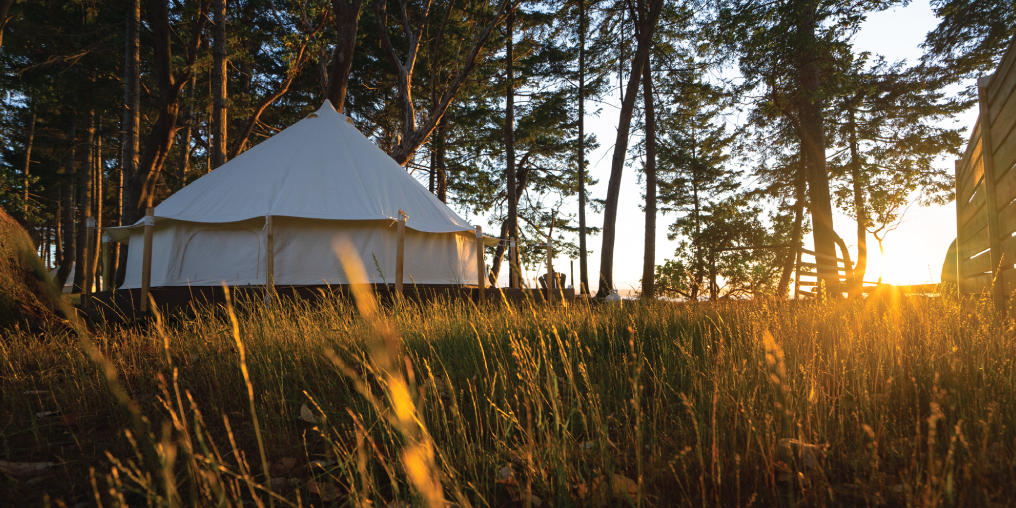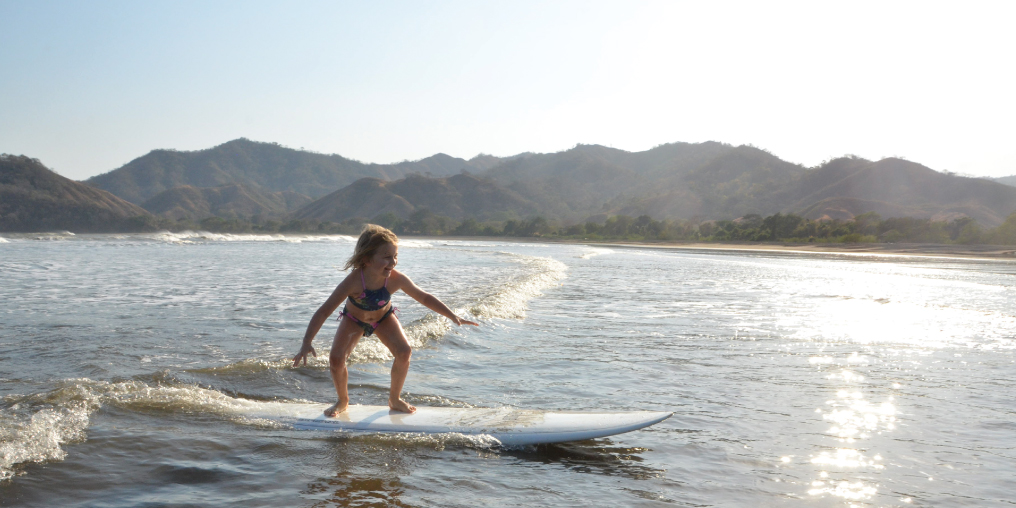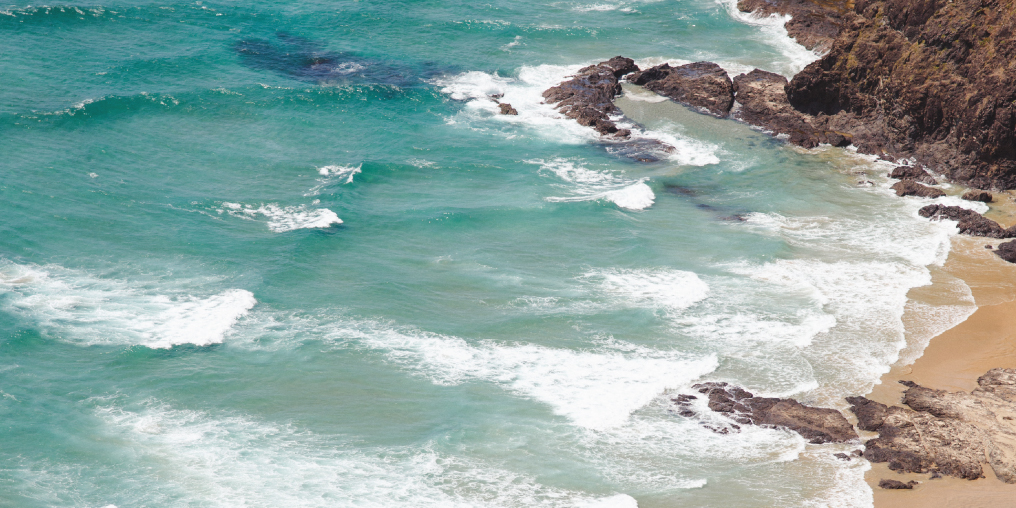Running a tourism business, especially in an area as remote as Kyuquot Sound, is challenging at the best of times.
When Dave Pinel bought the kayak company West Coast Expeditions in 2005, it reaffirmed his connection to the Indigenous people, rich culture, and biodiversity of this rugged stretch of northwestern Vancouver Island that began in the mid-1990s, when he joined the company as a kayak guide.
West Coast Expeditions’ base camp on beautiful Spring Island is usually the summer home away from home for Pinel, his wife Caroline Fisher, and their son Morgan. However, for the first time in 15 years of adventure tourism company ownership, the Comox Valley couple won’t be enjoying a Spring Island summer. Instead, they will be pondering the future of a business into which they have poured their hearts and souls.
The coronavirus pandemic has turned the global tourism sector upside down. Close to home, on Vancouver Island, operators like Pinel have faced tough choices impacting their livelihood, staff, community, and customers.
“We made the decision in June that it wasn’t appropriate or feasible to try running this summer, even for a compressed late season,” Pinel says. “It felt like the right thing to do and we plan to regroup for next summer.”
These are disruptive and tough times for tourism. In spring 2020, as British Columbia and the rest of the world were taking tentative steps toward re-opening the economy and relaxing physical-distancing protocols, Pinel was weighing the cost and benefit of opening against the reality of economic uncertainty and the logistics of running a wilderness sea kayaking operation that respects heightened COVID-19 health and hygiene protocols.
“We’re lucky that we have a lot of loyal customers who expressed interest in doing trips this summer, but I don’t think many of them fully considered what that would be like,” Pinel says.
One thing was certain; the experience would be unlike any of years past. Among the many factors to consider was the reality of guests and staff wearing face masks for the five-hour drive to Fair Harbour and the hour-long water taxi journey to Spring Island before they could even dip a paddle in Kyuquot Sound. If any guest or staff member presented with cold or flu symptoms, it would mean everyone—employees and guests—self-quarantining pending a COVID-19 test result. Then there were the troubling ethics of bringing tourists from afar into the traditional territory of the Kyuquot/Cheklesahht First Nation, a community with which Pinel and his family have strong ties.
“That was unthinkable for us,” Pinel says about the risk of transmitting a potentially deadly disease to a vulnerable population.
All these considerations added up to the decision to suspend operations for 2020.
Martin Ready of Island Mountain Rides in Cumberland faced a similar springtime dilemma. First, he had to consider the risk of assuming fixed start-up costs, such as van insurance and land-use permit fees, for a short season when it was doubtful that his clientele of travelling mountain bikers—roughly half of whom come from the United States and countries like Holland, Great Britain, and Germany—would even be permitted to enter Canada.
“I’ve already built up my business. I love guiding people around on trails, but I didn’t want to do this just to break even,” said Ready. “I also didn’t want to be that guy who brings in a visitor who has COVID-19 and spreads it to someone who works at, or knows someone who works at, a seniors home.”
In late June, BC entered Phase 3 of its re-start plan. More businesses opened, including those in the hospitality sector. BC residents were being encouraged to travel throughout the province, while keeping in mind physical distancing and precautionary hygiene measures. In early July, Ready felt the time was right to launch a late-start season and begin offering mountain bike tours, confident that he could manage physical distancing and other COVID-19 health protocols once his guests were outside and riding bikes.
However, with the US border remaining closed and travelers from abroad facing a mandatory 14-day quarantine upon arrival, all inquiries and bookings were coming from within Canada.
Both Ready and Pinel opted to take a philosophical approach to these tumultuous times. They see this forced pause as an opportunity to reimagine how their businesses fit within an economic paradigm that can no longer bank on inbound foreign tourists to fill seats in kayaks, hotel rooms, chairlifts, and whale-watching boats.
Tourism Vancouver Island (TVI), the Nanaimo-based destination marketing organization that represents the Island, has been scrambling to adapt and support its stakeholders through the health crisis.
“Our immediate focus has been helping businesses survive until next year. A lot of operators are facing solvency issues,” says Anthony Everett, president and CEO of TVI.
He estimates up to 25 per cent of tourism-related enterprises across the spectrum on Vancouver Island—from boutique to big resort—may not survive into 2021. That’s why, as part of the near-term COVID-19 coping strategy, TVI partnered with the BC Tourism Resiliency Network, a recovery program funded by Destination BC, Island Coastal Economic Trust, and the BC Ministry of Tourism, Arts and Culture. The network helps businesses navigate the myriad of government relief programs and connect with experts in human resources, finance, and business development.
“The big question is do we want to go back to what was or do we want to adapt and change?” Everett asks. “I expect this will be a decade or more of recovery.”
Without a doubt, this is a time of reckoning and big-picture thinking. The impact of 9/11 on global travel pales in comparison to COVID-19. However, in this crisis lies an opportunity to look forward, rather than strive for a return to the status quo of cheap mass air travel, over-saturation of popular destinations, and an extractive approach to tourism.
Most people in the sector acknowledge that some businesses simply won’t survive in a world where overseas travel has been substantially restricted. And therein lies an uncomfortable truth: that such a shift, or rightsizing, could indeed be better for the planet and communities over the long term. In this way, the pause has provided a chance for consumers to reflect on how they spend discretionary dollars in a way that supports and builds local community and economy, rather than, say, hopping on a plane for a cheap 10-day sun-destination getaway.
“We need to encourage British Columbians to explore their own province, and, on Vancouver Island, we need to get people to experience the diversity here,” Everett says. “It’s super-important to support local businesses and I hope that will be a positive outcome of COVID-19.”
These days, the tourism sector needs good-news stories. Even before the coronavirus pandemic swept the planet, TVI was exploring the possibility of working toward Biosphere Destination designation for Vancouver Island, a certification that is managed by the non-profit Responsible Tourism Institute (RTI), an independent organization created in 1995 in association with UNESCO. The designation measures a destination’s commitment and progress toward meeting the United Nations’ 17 Sustainable Development Goals and the guidelines of the Paris Climate Summit.
“Many world-class destinations have leveraged the program to continually enhance their destinations,” Everett says. “In becoming a Biosphere destination, tourism and civic leaders commit to ensuring continuous improvement to balance a broad range of issues such as climate change, environment, culture, and economic development.”
In the meantime, tourism’s soul-searching will continue.
Dave Pinel has always considered West Coast Expeditions more than an adventure tourism company.
“I think of what we do and where we do it being as much about health and wellness as it is about tourism,” Pinel says. “Moving forward, we might have to lean more heavily into that idea.”
One of Pinel’s favorite Nuu-chah-nulth expressions is hishuk ish tsawalk, which has taken on poignancy in these times. It means simply “everything is connected,” or “everything is one.”
The coronavirus pandemic has shown us, perhaps more than ever, just how connected we all are, how a dollar spent here, and a trip taken—or not taken—there, can have a ripple effect that spans oceans and continents.

